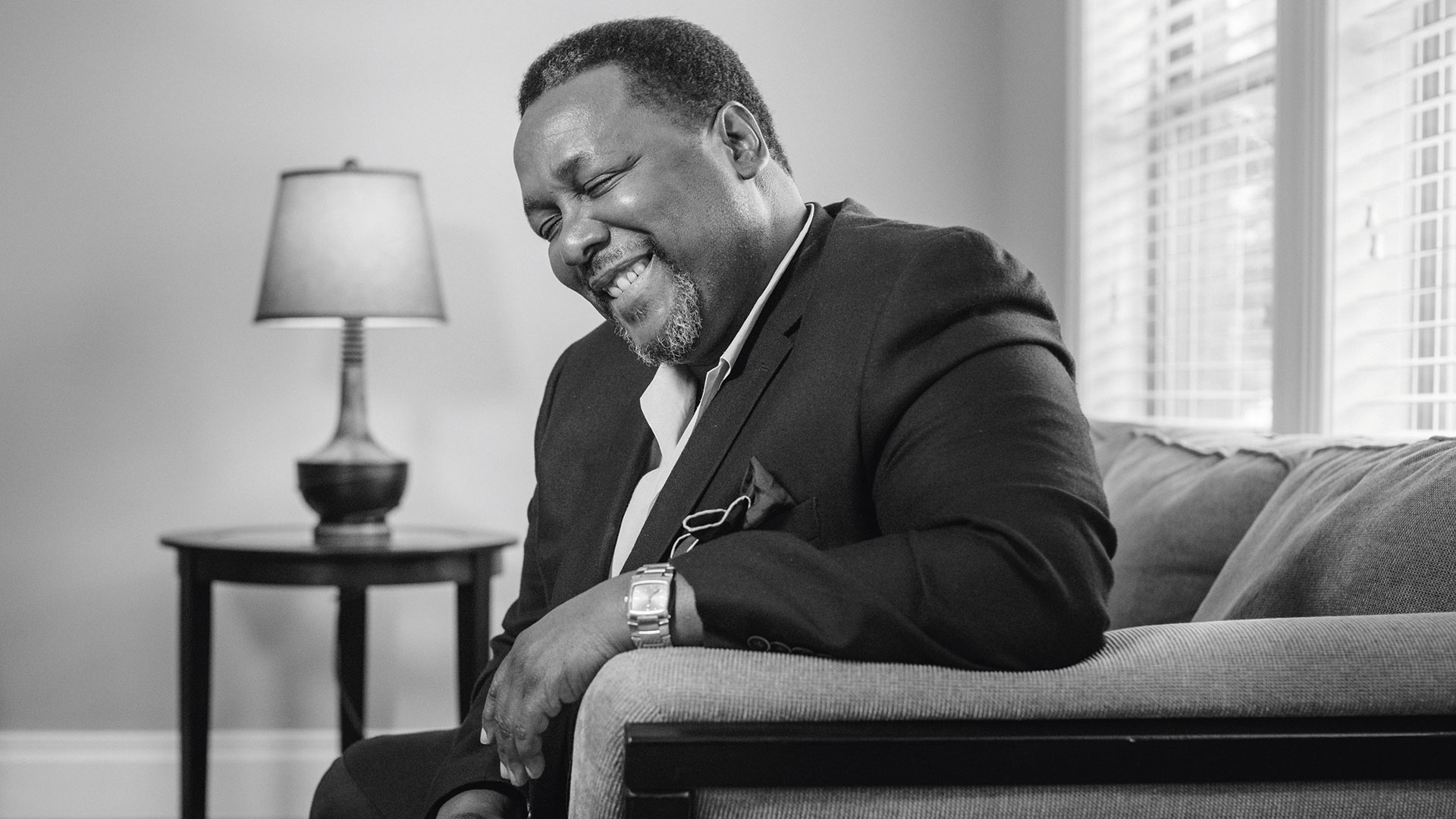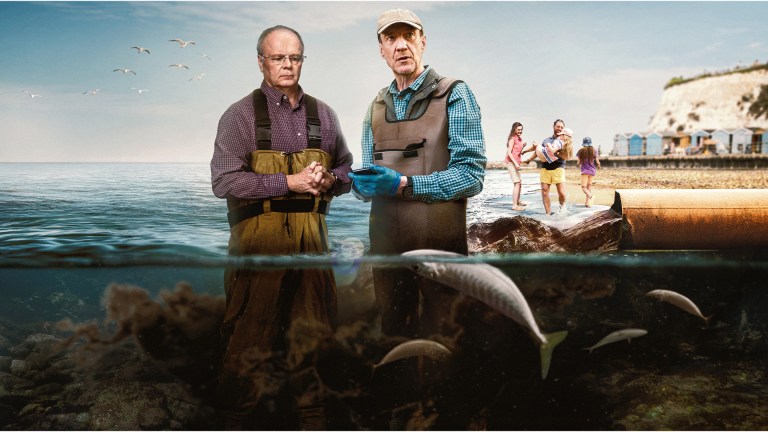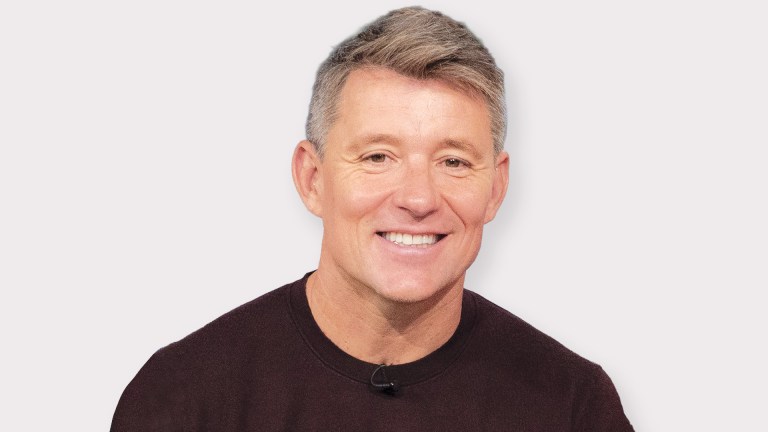At 16, I had just returned from a trip to London which was a defining moment. I saw As You Like It with the RSC and Yul Brynner in The King and I. At home in New Orleans, I was already into community theatre, I was doing a radio show and I was preparing to do a local television programme. I knew it was my last year at home before going to New York. And I came back from London with a renewed interest and a focus I hadn’t had before. A career in the theatre felt possible. I knew it was something I could be part of, and that it wasn’t just a hobby.
The peer pressure for me was the opposite to normal teenagers. I was friends at Nocca [New Orleans Centre for Creative Arts] with some of the best young jazz musicians like Branford and Wynton Marsalis and Donald Harrison. The worst thing you could be called was a fuckhead. Don’t be a fuckhead. The pressure was, are you focused? We said, are you shedding, are you practising? I understood there were opportunities if you were focused. One thing I knew from my parents was that failing to prepare was like preparing to fail. At the same time, I was also having frivolous fun going to football games, hanging out with friends and chasing girls. Growing up in New Orleans, we celebrate a bon vivant lifestyle with great music, great food and so much culture that the line is blurred between work and play.
In New Orleans, life is defined as pre-Katrina and post-Katrina. So I left home pre-Katrina and returned post-Katrina. I moved back because everything was destroyed [by the 2005 hurricane] and my parents were elderly. I wanted to make sure to get them back in their home before they died because everything they had worked for in their lives was in that home. If anybody understands the importance of that stability, this publication does, so I moved back. And now I move between New York, LA and New Orleans.
You create the life you want. My parents’ generation created a wonderful neighbourhood in the midst of some of the greatest threats of violence and oppression and a world of segregation and degradation. You either stood up and created a life for yourself or you caved in to it. And they chose to step up and fight. People use the word activism, but I don’t define the work I do in my neighbourhood as activism. It is out of necessity. It is as essential as breathing. Going back to another mantra that came out of the Civil Rights movement – when evil people plot, good people plan. That is what I live by.
I would tell my younger self not to allow his fears to be so internalised that they become insecurities. That is something I constantly have to fight against even now. My actions at the time said the opposite – at 17 I was living on my own, attending Juilliard [a performing arts conservatory] in New York City. I was studying theatre all day, then hanging out in the [Greenwich] Village with all these great jazz musicians, hearing them play the wonderful music I knew so well because it was from my community. I should have been able to make the connection at the time, that working hard could give me optimism about a professional career in acting, but hand-in-hand with that was the development of an insecurity I still fight with. Insecurities become embedded and as you change they change, you know? You add age to that insecurity and you start to wonder if your best days are behind you.
The Wire changed everything. It was the defining moment of my career. David Simon changed the game. He innovated the medium. Because he wrote the first television novel. And he showed executives that people would watch television the same way they read a novel – allowing it to develop chapter by chapter. And as Bunk [Moreland] I was also able to show why black men want to become police officers, because I have met so many. They know the criminality that may be in a community does not define the community. It is only one per cent. They are thinking of the other 99 per cent.









